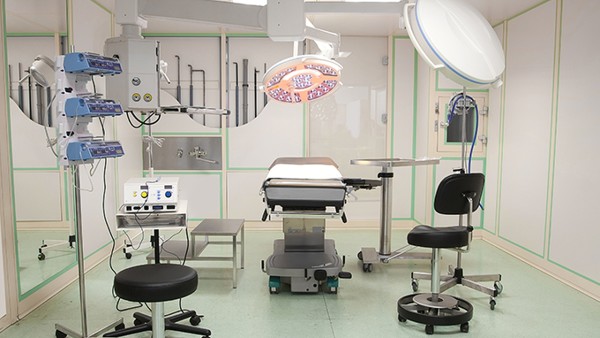Neonatal Sepsis Infection Pathways

Pathophysiology
Neonatal sepsis is a serious infection that affects newborns within the first 28 days of life. It can be caused by a variety of bacteria, viruses, or fungi, and can lead to a range of complications, including meningitis, pneumonia, and sepsis syndrome.
The most common route of infection in newborns is through the respiratory tract, followed by the skin and urinary tract. Bacteria can colonize the newborn's skin and respiratory tract shortly after birth, and if they are able to invade the bloodstream, they can cause sepsis.
Clinical Presentation
The signs and symptoms of neonatal sepsis can vary depending on the age of the newborn and the severity of the infection. In general, newborns with sepsis may appear ill, with symptoms such as:
Fever or hypothermia
Irritability or lethargy
Poor feeding
Vomiting or diarrhea
Respiratory distress
Jaundice
Seizures
Diagnosis
The diagnosis of neonatal sepsis is based on a combination of clinical findings and laboratory tests. Blood cultures are the most important test for diagnosing sepsis, and they can be used to identify the specific bacteria or virus that is causing the infection. Other tests that may be helpful in diagnosing sepsis include:
Complete blood count
Urinalysis
Chest X-ray
Lumbar puncture
Treatment
The treatment of neonatal sepsis depends on the severity of the infection and the specific bacteria or virus that is causing it. Antibiotics are the mainstay of treatment, and they are usually given intravenously. In some cases, it may be necessary to give the newborn other medications, such as fluids, electrolytes, or vasopressors.
Prevention
There are a number of things that can be done to prevent neonatal sepsis, including:
Washing your hands thoroughly before handling a newborn
Keeping the newborn's environment clean
Avoiding contact with people who are sick
Giving the newborn a flu shot
Prognosis
The prognosis for neonatal sepsis depends on the severity of the infection and the timeliness of treatment. With early diagnosis and treatment, most newborns will recover from sepsis without any long-term complications. However, some newborns may develop serious complications, such as meningitis, pneumonia, or sepsis syndrome, which can be fatal.
Conclusion
Neonatal sepsis is a serious infection that can lead to a range of complications. It is important to be aware of the signs and symptoms of sepsis, and to seek medical attention immediately if you suspect that your newborn may be infected. With early diagnosis and treatment, most newborns will recover from sepsis without any long-term complications.
The above is all the content that the editor wants to share with you. I sincerely hope that these contents can bring some help to your life and health, and I also wish that your life will be happier and happier.
Topic: #sepsis #neonatal #pathways











